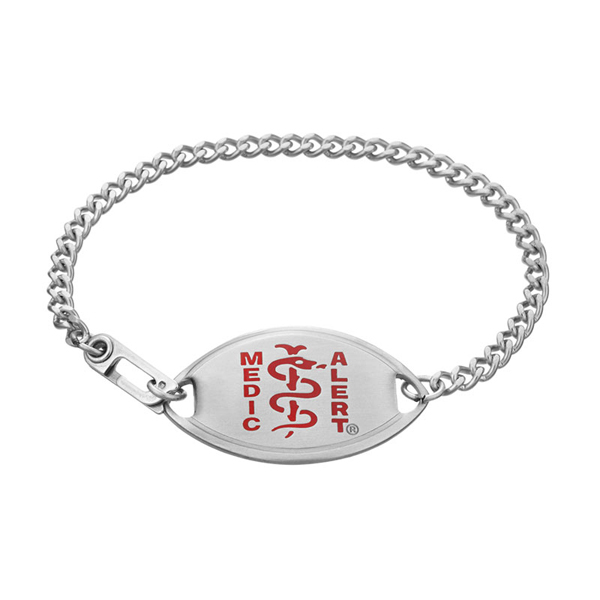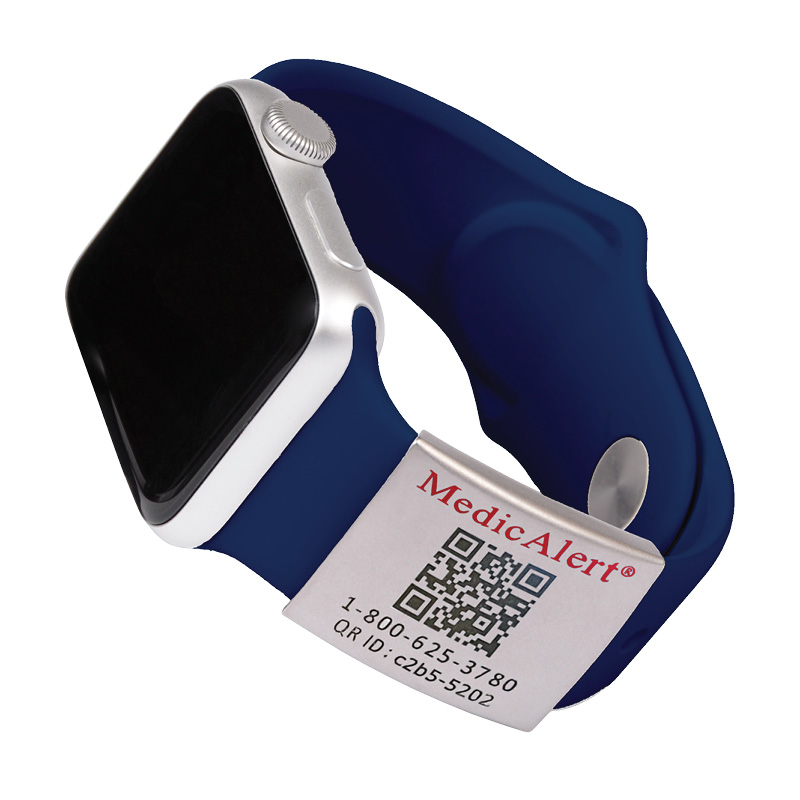Fall prevention for an aging parent is a concern for any caregiver. According to the Centers for Disease Control: “Each year, millions of older people—those 65 and older—fall. In fact, more than one out of four older people falls each year, but less than half tell their doctor. Falling once doubles your chances of falling again.”
With the staggering number of individuals that fall each year, implementing a fall prevention plan is necessary. Here are some cost-effective and simple measures you can take to help reduce falls for the person in your care:
- Identify trip hazards. Review the CDC’s home assessment guidelines for help. Easy-to-implement solutions include securing or removing area rugs, and clearing out clutter in each room – especially in hallways and on staircases. Zip tie loose cords, install bath safety bars, and rearrange kitchen shelves to move the most used items to easily accessible areas.
- Light the way. Install nightlights in bathrooms and hallways to increase safety at night. Place brighter bulbs in high traffic areas for better daytime visibility.
- Review medication. Consult with your loved one’s doctor or pharmacist to review all medications. Identifying those that may cause side effects such as dizziness or drowsiness can help prevent falls.
- See clearly. Seniors should visit the eye doctor at least once a year to monitor vision. As one ages, vision naturally declines. Being able to see clearly is essential to preventing falls.
- Suggest a medical ID. An ID such as a bracelet, necklace or shoe tag can keep your loved one safe. In an emergency, a MedicAlert ID will quickly communicate critical health information to a first responder, ensuring your parent gets prompt and effective care. If your parent is at a high risk for falling, consider a medical alert push button system with fall detection like Bay Alarm Medical.
Fall Prevention and Safety Solutions
Implementing home fall safety solutions sounds simple. But for seniors who value their independence and autonomy, change is hard. So how does a caregiver respect the boundaries of the individual they’re caring for and still keep them safe? For starters, understand your loved one’s perspective, lead with a caring heart, and consider our tips to help you navigate this challenge:
- It’s all about independence. The emphasis should be on helping your loved one keep their independence vs. placing restrictions. Research and share the statistics on the dangers of falls. Highlight the consequences of falls, and introduce simple safety measures that won’t make a major impact on their lifestyle.
- Relinquish control. Your loved one should feel in control. Ordering them to do something like get rid of throw rugs probably won’t go over well. Position the changes you want to implement as a project your parent(s) will manage. Language like, “Dad, let’s go to the store to look at the new tiles you were thinking about” is the kind of message you want to convey.
- Enlist expert influence. If the resistance is strong, enlist expert advice. Ask a doctor, nurse or senior living counselor to recommend safety precautions to prevent falls.
The statistics and debilitating outcomes of a fall are alarming, but falls can be prevented. It comes down to education and awareness. Home safety precautions and making simple lifestyle changes decrease the chance of falls that could lead to injury, dependency or even death.
We’ve got you covered.




